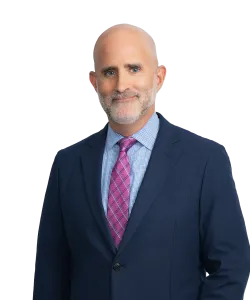Choosing the Right Fiduciary for Post-Death Administration
Chicago Council on Planned Giving
-
Date & Time
-
-
Location
Chicago, IL
Northern Trust Global Conference Center, 50 S. LaSalle
- Event Type
-
Add to Calendar Disabled
Identifying the fiduciary who will administer a charitable estate or trust after a death can be a much more critical decision than many clients and donors may realize.
Identifying the fiduciary who will administer a charitable estate or trust can be a much more critical decision than many donors realize. Fiduciaries may be spouses, adult children, relatives, close friends, or trusted advisors. Donors may also choose professional fiduciaries like banks or trust companies. The choice of a fiduciary to steward one’s legacy post-death is not a one-size-fits-all exercise. Individual and corporate fiduciaries both need access to competent legal counsel, skilled tax professionals, experienced financial advisors, valuation experts, and specialized asset managers. Still, even the most well-intended, capable, and sophisticated individuals can struggle to carry out their fiduciary duties, especially if they were close to the deceased donor and are processing their own grief. For estate plans that include charitable legacies, the choice is even more critical as fiduciaries must understand that they owe the same duties and obligations to the charities that they owe to other beneficiaries. This dynamic can get complicated if the fiduciary is also a family member and a beneficiary. For planned giving professionals and other trusted advisors, educating donors about their fiduciary choices may be as important as identifying and choosing their beneficiaries. This presentation will focus on strategies for advising donors about the pros and cons of all available fiduciary options for estate and trust administration. It will also include tools that gift planners can use to demystify the post-death administration process for donors so that donors can make thoughtful and informed decisions aimed at easing the burden of post-death administration for everyone.
